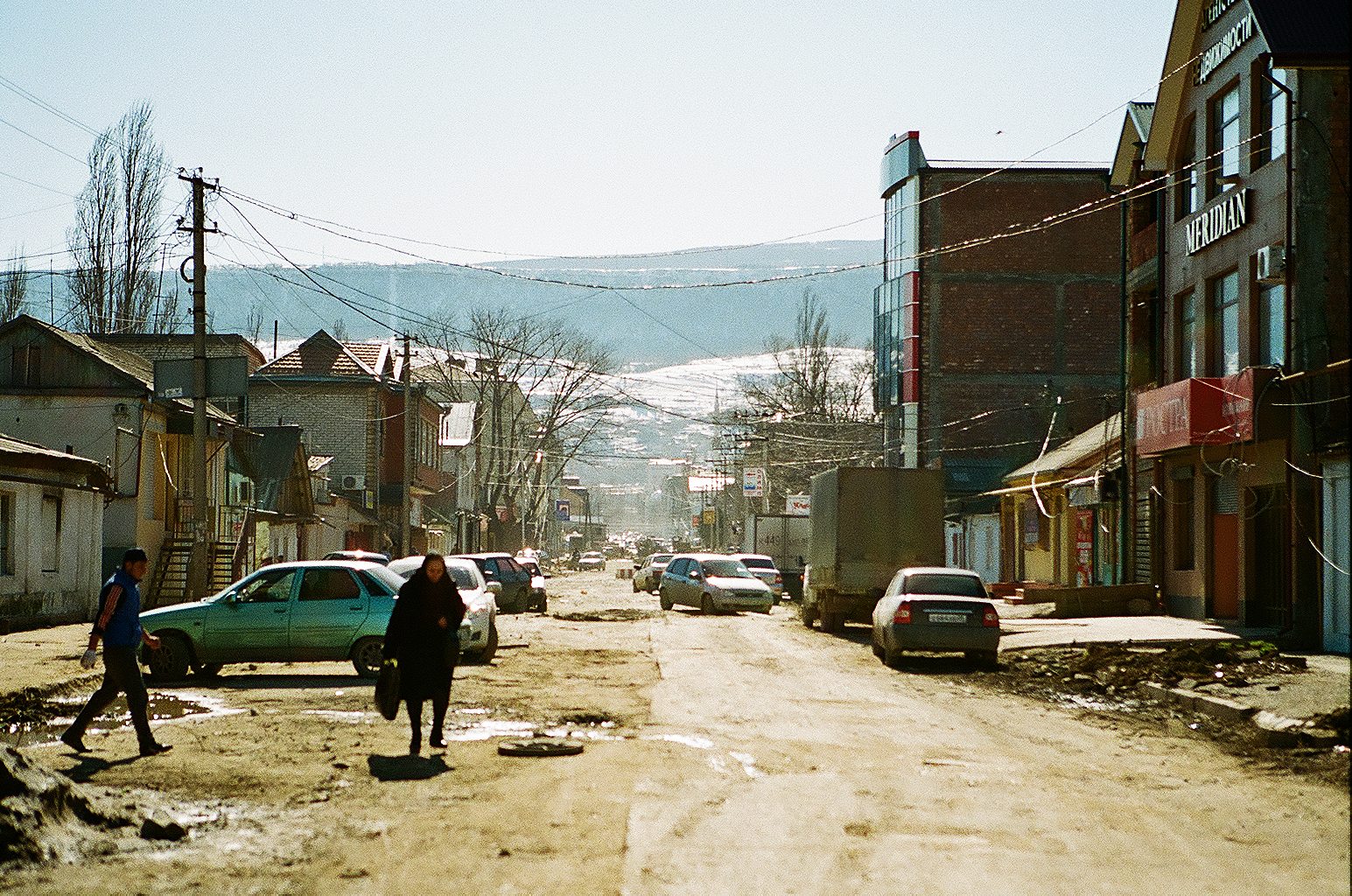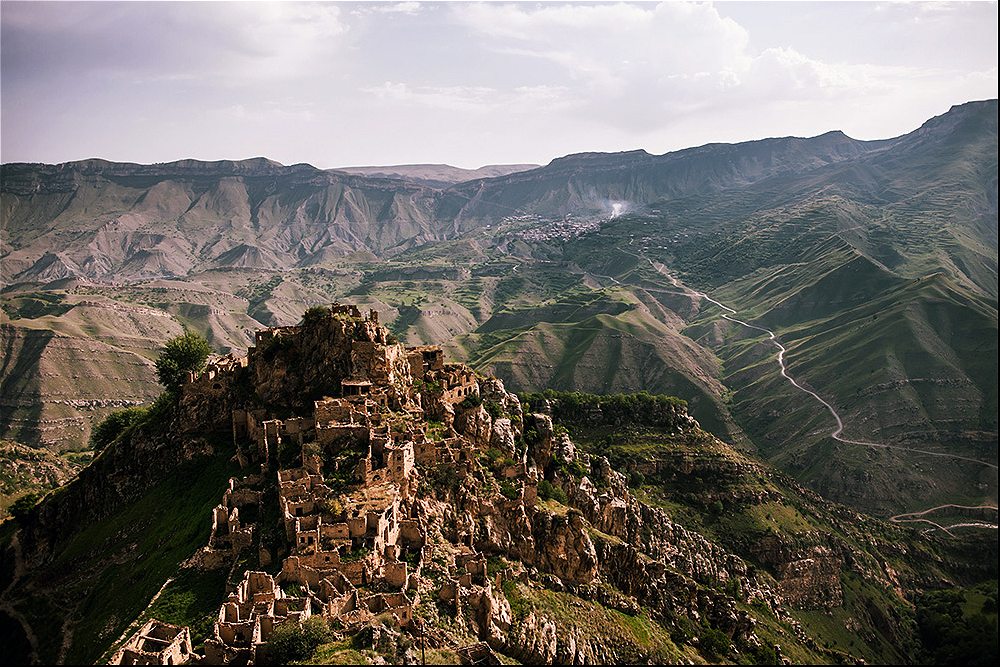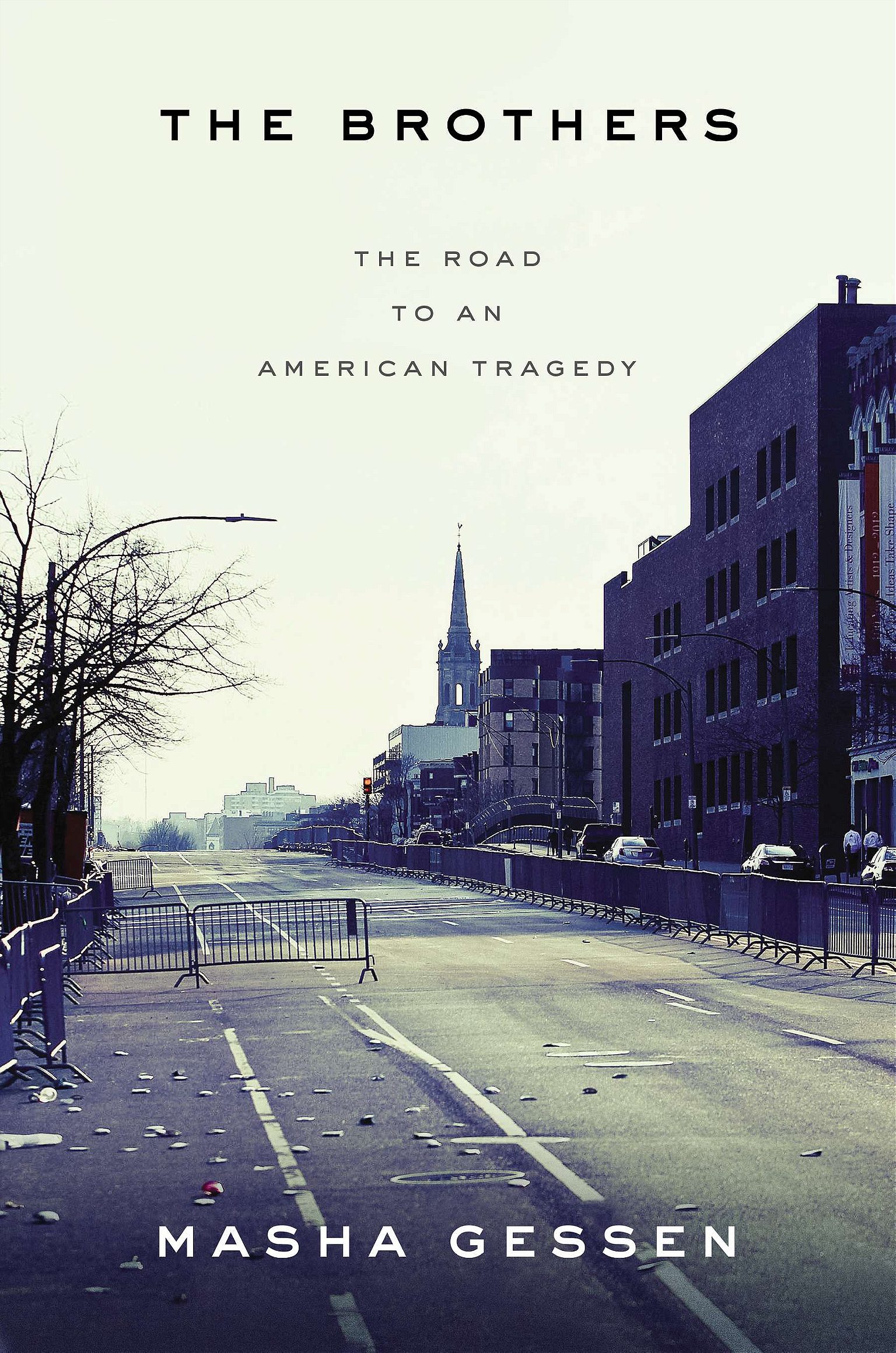In an excerpt from Masha Gessen’s acclaimed new book The Brothers, the story of how the Boston marathon bombers’ parents met.
Reprinted from “The Brothers” by Masha Gessen by arrangement with Riverhead Books, a member of Penguin Random House, Copyright © 2015 by Masha Gessen.
Makhachkala is a hard place to love. A locally prominent artist called it “a town without a legend” that was “unsuited for normal life.” A fort reconstituted as a town in the mid–nineteenth century, it felt like a haphazard and temporary agglomeration of more than a hundred ethnic groups, each of which maintained its own language and used variously simplified and mangled Russian to communicate with one another and the outside world. Streets bore the names of the ethnic groups that had originally settled there: Armenian Street crossed Persian Street. Soviet authorities renamed the streets in the spirit of internationalism and Communist ideology, but the old designations remained in the vernacular. Each group made its own living arrangements, usually unaided by the Communist state that had assumed the obligation for sheltering and feeding all citizens but failed consistently, and failed worse the farther from the center the citizens resided. People lived in barracks, in rehabbed fort structures, in sheds and other temporary dwellings, and well into the late twentieth century, indoor plumbing and cooking facilities remained the stuff of dreams.
Zubeidat was born in Makhachkala three years before an earthquake devastated the city. By the time she was a teenager, she was acutely and painfully aware of living in a backwater. Even the Chechens, who lived right next door and had been decimated by forced exile, had a real city: Grozny had fashion and music. It was from Grozny that young men would bring records and reel-to-reel tapes for Makhachkala’s first diskotekas—a fancy word for dances—in the early 1980s. To create disco lighting, the young men stole colored glass from traffic lights and, at great peril to themselves, flashing lights off police cars.
Everyone in Makhachkala knew everything about everyone else. There was one Russian Orthodox church in the city and, directly across the street, one abortion clinic. Being seen entering either could ruin one’s reputation for life—the church because of Party prohibitions on religion, and the clinic because, while most Soviet women strove to control their fertility and had few means of doing that aside from abortion, Dagestani women were having more babies than women almost anywhere else in the USSR were having, and staying home to raise them. The home was ruled by the men in accordance with Adat, a set of rules that were said to derive from Islam but were largely local customs. Most of the local populations were Muslim; the Russian colonizers had imported Russian Orthodoxy, and migrants had brought Greek Orthodoxy, Catholicism, and Judaism. The Communists had banned the open organized practice of all religions, and in Muslim groups over the course of decades the family and community practices of Adat came to reign supreme—and to be conflated with Islam in the popular understanding.
Customs differed somewhat even between closely related Muslim ethnic groups such as Chechens and Avars, the largest ethnic group in Dagestan. In both traditions, though, the eldest brother ruled over all siblings. Zubeidat was Avar, so if she wanted to go live with her brother in Moscow – and she wanted to, desperately – she first had to ask her eldest brother, who lived in Novosibirsk, in southwestern Siberia. That was where she had gone, then, to ask his permission.

Novosibirsk was not Moscow, of course, but much more important, it was not Makhachkala. In fact, a city could not be less like Makhachkala: it was vast, uncrowded, its central squares and avenues a vision in Stalinist grandeur that looked better from the air than they did at street level, where all that scale made a person feel bug-tiny. Zubeidat’s brother lived in a neighborhood of two story stone buildings constructed by German prisoners of war in the 1940s, and gray-brick five-story buildings from Khrushchev’s socialist-construction boom of the 1950s, a few taller apartment blocks from the 1970s, and even a few wooden barracks-like structures left over from when some group or other had been warehoused there.
The neighborhood abutted a trade school on one end and a jail on the other. The trade school, which trained retail-store managers, had mostly young women for students, and Zubeidat had become friendly with a few who lived in the dormitories there. Still, the proximity of the jail always made her slightly nervous about walking home to her brother’s place alone, even on a May evening when the light was a soft gray and would stay that way until midnight. When she sensed someone walking behind her, she jerked around.
The man was not scary at all. In her mind she immediately marked him as parnishka, a Russian diminutive for “guy.” He was slight, even skinny, and he was wearing a green military shirt and green slacks without the jacket or the hat that would complete the uniform; this was the way a man who had recently left the service or would soon be leaving it would dress. Zubeidat turned back around and continued walking, so relieved as to feel almost joyful. The stranger must have sensed this, because he caught up with her and fell in step.

“Devushka,” he said—“girl”—using the standard form of address for an unfamiliar young woman, “do you happen to know Tanya, who lives in room twenty-seven in the trade-school dorm?”
“I do,” said Zubeidat, and decided she was walking to the dorm. “I can fetch her for you, if you want.”
“And you are her… ?” he asked. He seemed a little confused about what he wanted, or what he wanted to know.
“I’m just an acquaintance,” said Zubeidat.
“Where are you from yourself?”
“Dagestan,” said Zubeidat.
“And I’m from Chechnya,” said Anzor Tsarnaev. This was not true: he was Chechen, but he had grown up in Kyrgyzstan, in Central Asia, fifteen hundred miles from Chechnya. Nor did he want anything with that girl named Tanya: she was just someone going out with a friend of his, and he asked about her because he needed something to say before he could ask this girl’s name.
I’VE MET A KINDRED SPIRIT
Now she said, “That makes us brother and sister.”
“I’m so happy right now,” said Anzor. “I’ve met a kindred spirit. You know, I was just taking a walk, I wasn’t going anywhere in particular.”
Which meant they could talk. Zubeidat told him that she was from Makhachkala and she was staying with her brother and that another brother was an important man in Moscow. Anzor told her he was finishing up his military service. He was a boxer and had won some competitions, and his job was coaching.
“I have to go because I have a curfew,” she finally said. “My brother is strict. But if you want to know, I’ll tell you that this is the building where I live, my brother’s building. We come from the same land, you and I.”
